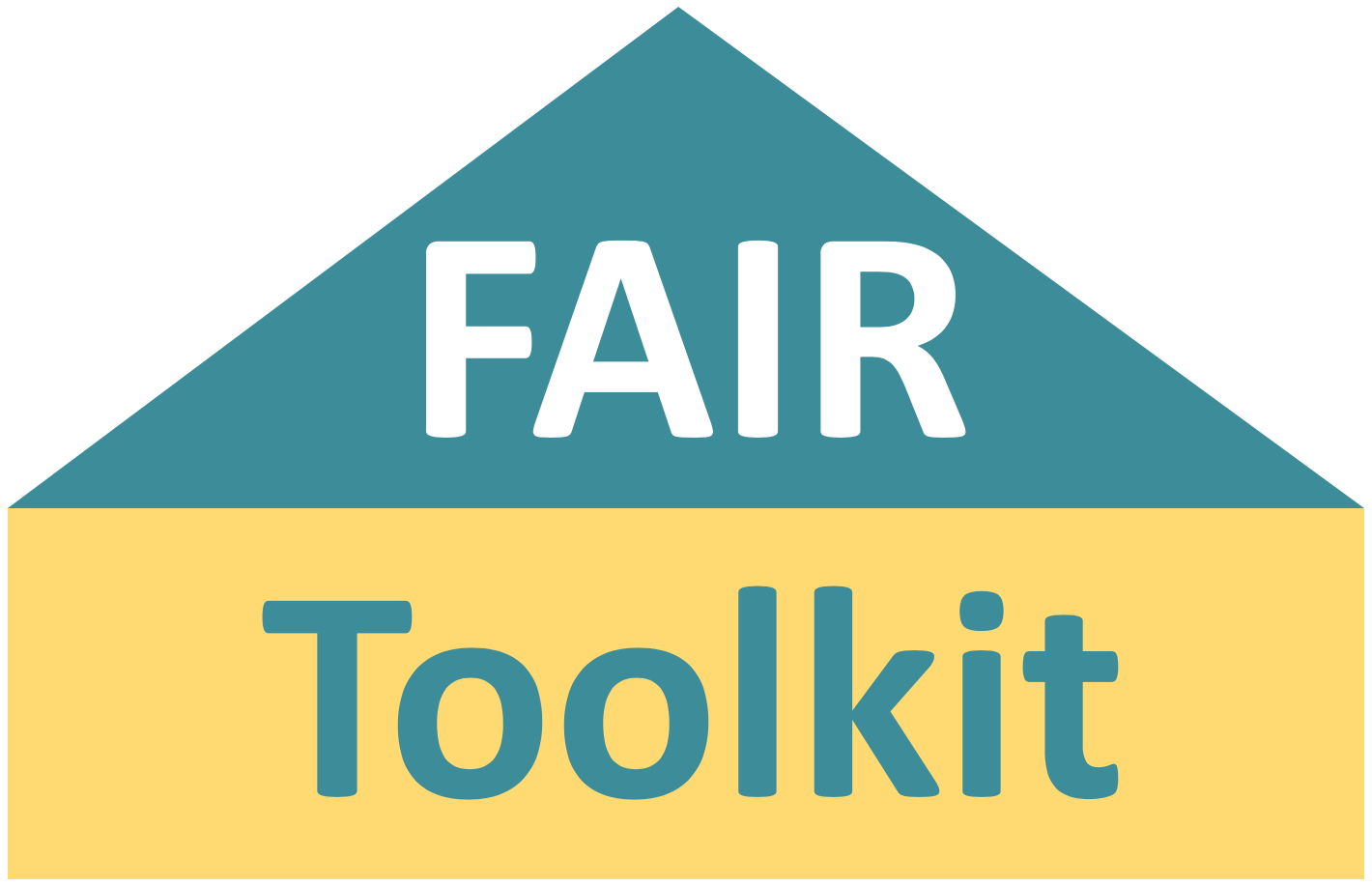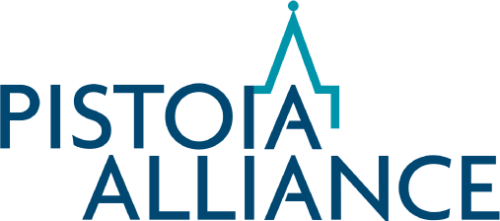Why FAIR Data Matters to Life Science Industry
The Life Science industry is becoming increasingly data-driven. Efficiency and effectiveness can be improved dramatically by implementing the FAIR guiding principles for scientific data management and stewardship. By so doing, the plethora of new and powerful analytical tools such as artificial intelligence and machine learning will be able, automatically and at scale, to access the data from which they learn, and on which they thrive. FAIR is a fundamental enabler for digital transformation.
The FAIR implementation process, often starts with understanding the value of FAIR data management through appropriate education and training, combined with management of the necessary cultural change. It also important for an enterprise to invest in the technology infrastructure that is necessary for improving the FAIRness of data life cycle management. This should be reflected in the definition of the FAIR objectives that are aligned to the business needs of an enterprise to achieve tangible returns on the investment [1,2,3]. The interactive actions of making data FAIR (“FAIRification”) should always be compared to these FAIR objectives to determine how well they have been met. In other words, is the data FAIR enough, rather than perfectly FAIR?
The purpose of making data FAIR is not just for sharing externally but also within an organisation. The use case from AstraZeneca on the value of identifiers (technical mechanism & governance policy) enables this pharma to find and access internal data. Furthermore, those use cases from Roche, Bayer and SciBite each demonstrate the value of interoperability through linked metadata. However, the overarching benefit of FAIR data to any organisation, especially for internal data is much greater reusability beyond the initial and primary purpose. This enables any organisation, of any size and type, to realise much more value from internal (and external) data over a far greater period. Even more important, the associated linked metadata provides value as the permanent scientific record, even when the original data has lost immediate value, so that it is archived or eventually deleted as part of the FAIR data management life cycle.
The importance of “Driving FAIR in Biopharma” is the theme of a free report from Frontline Genomics in which you can “Learn directly from from industry experiences of leading FAIRification programmes” [4].
FAIR Cookbook Recipes
References
- Wise J et al 2019 Implementation and relevance of FAIR data principles in biopharmaceutical R&D. Drug Discovery Today 24, 933-938. doi.org/10.1016/j.drudis.2019.01.008
- Van Vlijmen H et al 2020 The Need of Industry to Go FAIR. Data Intelligence 2, 276-284. doi.org/10.1162/dint_a_00050
- Health-Tech’s Tough Pill To Swallow Is ‘Data Ingestion’ Forbes Technology May 21. https://www.forbes.com/sites/adrianbridgwater/2020/05/21/health-techs-tough-pill-to-swallow-is-data-ingestion
- Driving FAIR in Biopharma Report from Frontline Genomics Feb 2021. https://frontlinegenomics.com/learn-directly-from-industry-experiences-of-leading-fairification-programmes

